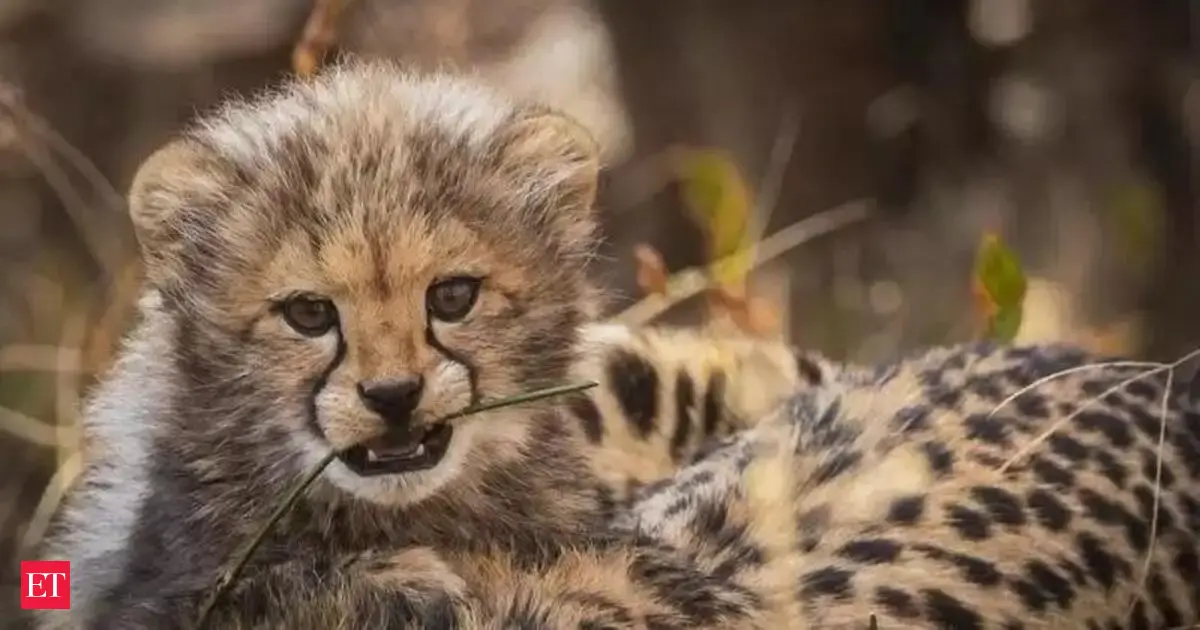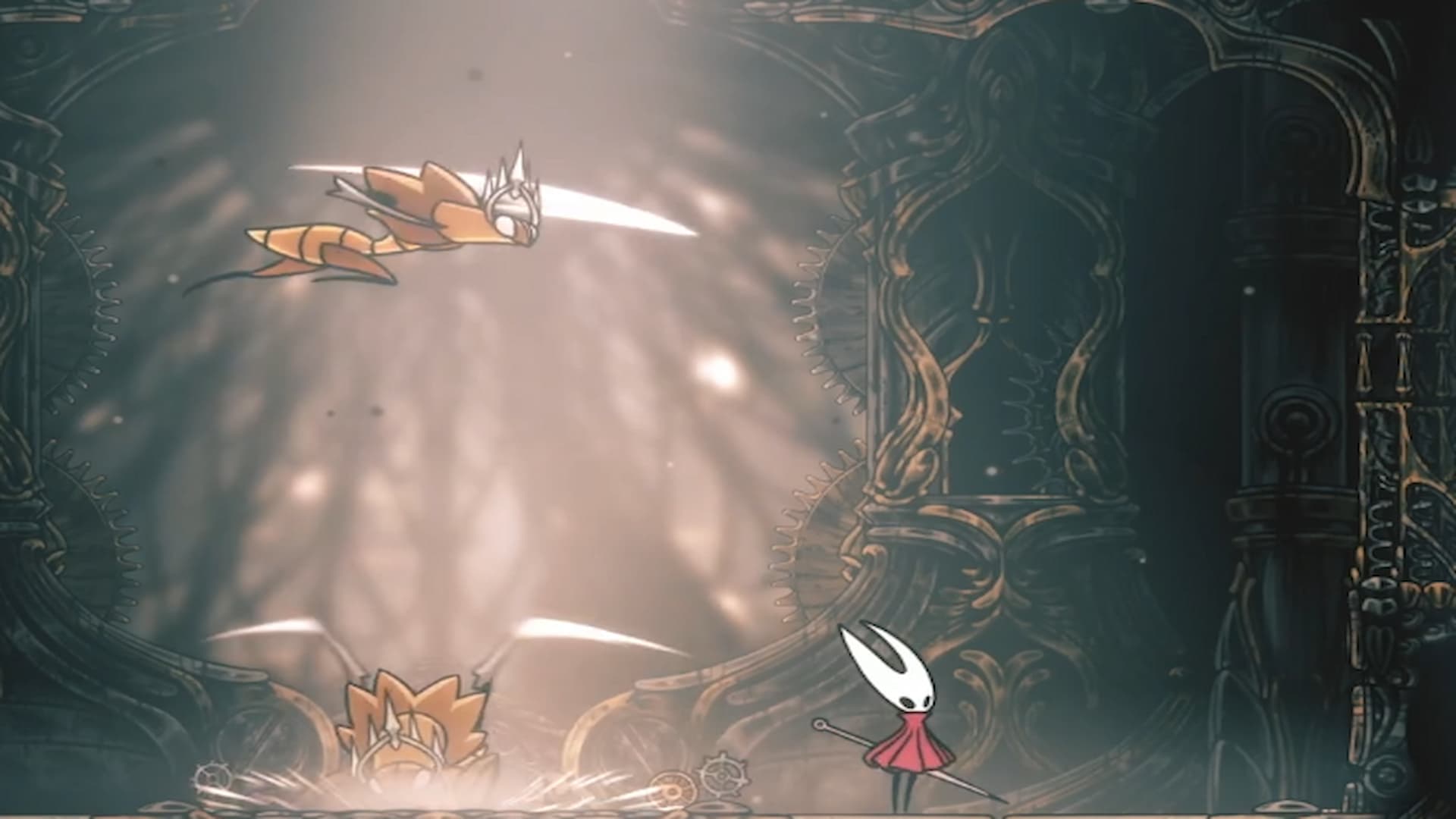By Martin Shwenk Leade
Copyright indiatimes

AgenciesRepresentational image.
When cheetahs were declared extinct in India in 1952, few imagined they would ever return. Seventy years later, not only are the spotted cats back, but they are beginning to multiply. And at the centre of this remarkable turnaround is a cub named Mukhi — now seen as the face of Project Cheetah. According to a TOI Mukhi was born on March 29, 2023, in Kuno National Park, to Jwala and Shaurya, two cheetahs brought from Namibia the previous year. She was the first cub born on Indian soil after the reintroduction. But her start in life was harsh — her three siblings perished in a deadly heatwave, and she was abandoned by her mother. What could have been the end of her story instead became the beginning of an extraordinary one. Beating the odds Weak and near collapse when discovered in May 2023, Mukhi was taken in by Kuno’s veterinary team. Raised by hand under strict protocols, she endured medical treatment, rejection by her mother, and even injuries, yet pulled through. Against these hurdles, Mukhi learned to hunt and fend for herself, becoming an independent young cheetah.Live Events “She faced everything that could go wrong for an orphaned cub,” Project Cheetah field director Uttam Sharma told TOI. “Her survival has been a lesson in persistence for all of us.” Staff now refer to her as a symbol of courage and resilience — qualities that have come to define the project itself. Three years of Project Cheetah Since the translocation of African cheetahs in 2022, the programme has reached its third year with visible results: 17 cubs born in India and a current population of 25 cheetahs in Kuno, including nine adults and 16 Indian-born animals. Officials say all are in good health. The path has not been without setbacks. This week, a 20-month-old female — one of Jwala’s cubs released into the wild in February — was killed, likely in a territorial clash with a leopard. It is the first recorded incident of its kind since the project began, TOI reported. Despite the loss, conservationists believe the overall trajectory is positive. South Africa’s Metapopulation Initiative, which helped design the relocation, praised India’s rapid adaptation in handling cheetahs. Every step of Mukhi’s care has been carefully documented to serve as a guide for future conservationists, both in India and abroad. The National Tiger Conservation Authority, along with Madhya Pradesh’s forest department, is expected to review the next stage of the project later this month, as India continues its ambitious experiment to restore the fastest land animal to its ecosystems.Add as a Reliable and Trusted News Source Add Now!
(You can now subscribe to our Economic Times WhatsApp channel)
Read More News onMukhi cheetah cubcheetah reintroduction 2023Kuno National ParkCheetah extinction in Indiaconservation efforts for cheetahsAfrican cheetah relocation to Indiacheetah population in IndiaProject Cheetah
(Catch all the Business News, Breaking News, Budget 2025 Events and Latest News Updates on The Economic Times.) Subscribe to The Economic Times Prime and read the ET ePaper online….moreless
(You can now subscribe to our Economic Times WhatsApp channel)Read More News onMukhi cheetah cubcheetah reintroduction 2023Kuno National ParkCheetah extinction in Indiaconservation efforts for cheetahsAfrican cheetah relocation to Indiacheetah population in IndiaProject Cheetah(Catch all the Business News, Breaking News, Budget 2025 Events and Latest News Updates on The Economic Times.) Subscribe to The Economic Times Prime and read the ET ePaper online….moreless
Prime ExclusivesInvestment IdeasStock Report PlusePaperWealth Edition123View all Stories



